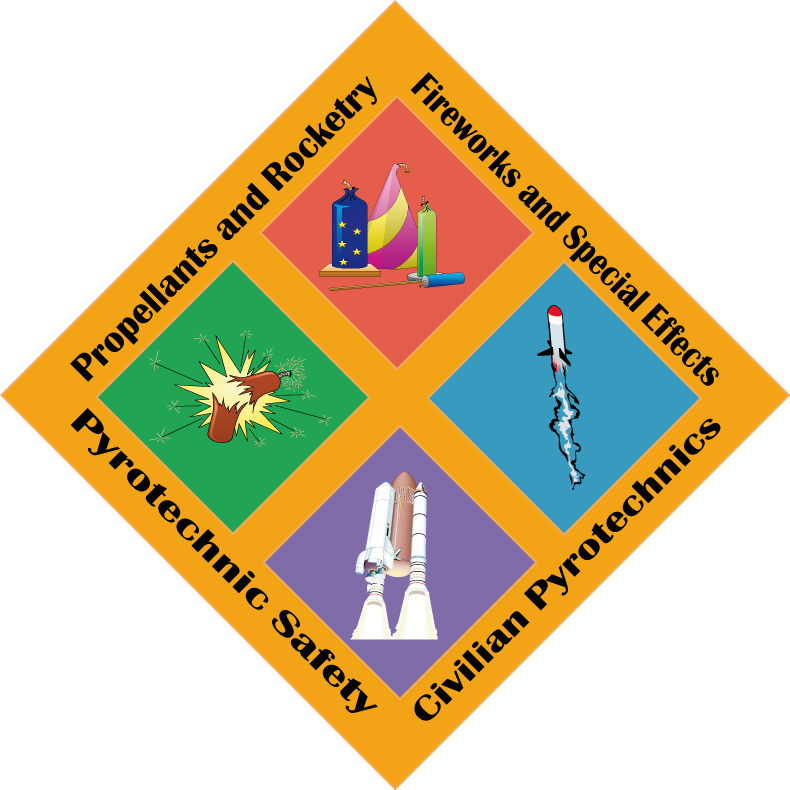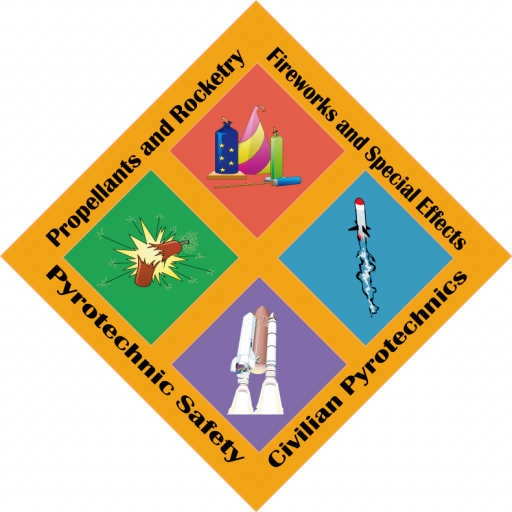Starting a business involves more than just a great idea and a solid plan—it also requires compliance with local, state, and federal regulations. Securing the appropriate business licenses and permits such as kansas licenses permits ensures that your operations are legal and protects you from potential fines or closures. Here’s a step-by-step guide tailored to entrepreneurs, including those in specialized industries like pyrotechnics, to help you navigate the process.
1. Why Business Licenses and Permits Matter
Licenses and permits are critical for ensuring compliance with industry standards and regulations. They demonstrate your commitment to safety and professionalism.
- Legal Compliance: Operating without the required licenses can result in hefty fines or business shutdowns.
- Safety Assurance: For industries like pyrotechnics, specific permits ensure adherence to safety protocols.
- Building Credibility: Licenses validate your business’s legitimacy, boosting customer and client trust.
Understanding the importance of these permits helps you prioritize compliance in your business operations.
2. Determine the Licenses and Permits You Need
The type of licenses and permits required varies depending on your industry, location, and business activities.
- General Business License: Most businesses need a basic license to operate legally within their municipality.
- Industry-Specific Permits: Sectors like pyrotechnics require specialized permits, such as fire safety certifications or hazardous material handling permits.
- Zoning and Land Use Permits: If you’re operating from a specific location, ensure it complies with local zoning laws.
- Health and Safety Permits: Required for businesses that deal with food, chemicals, or public gatherings.
Researching your industry’s requirements ensures you cover all necessary bases.
3. Steps to Obtain Business Licenses and Permits
Follow these steps to secure the licenses and permits you need:
- Identify Requirements: Consult your local government’s business office or website to understand licensing requirements.
- Gather Necessary Documentation: Common requirements include business registration documents, tax IDs, and proof of insurance.
- Complete Applications: Fill out applications accurately, providing all requested details about your business and its operations.
- Pay Fees: Most licenses and permits require a fee, which varies depending on your location and industry.
- Schedule Inspections: For industries like pyrotechnics, safety inspections may be a prerequisite for approval.
Completing these steps ensures your application is processed smoothly and promptly.
4. Common Challenges and How to Overcome Them
Navigating the licensing process can be complex, especially for specialized industries.
- Confusion Over Requirements: Regulations vary widely by location. Consider consulting a business attorney or licensing specialist for clarity.
- Delays in Approval: Start the process early to account for possible delays, particularly if inspections are required.
- Ongoing Renewals: Keep track of renewal dates to ensure your licenses remain valid and avoid interruptions.
Proactive planning and organization help mitigate these challenges and keep your business running smoothly.
5. Special Considerations for Pyrotechnics and Similar Industries
Industries dealing with high-risk materials or activities, such as fireworks and pyrotechnics, require additional precautions and permits.
- Fire Department Approvals: Obtain permits for storage and handling of flammable materials.
- Environmental Permits: Ensure compliance with regulations governing emissions or waste disposal.
- Public Display Licenses: For public shows or events, secure permits specific to crowd safety and noise control.
Staying updated on industry-specific regulations protects your business and its reputation.
6. Maintaining Compliance and Staying Updated
Once your licenses and permits are secured, maintaining compliance is an ongoing responsibility.
- Renew Licenses on Time: Many licenses require annual or biennial renewal, so mark deadlines on your calendar.
- Monitor Regulatory Changes: Stay informed about changes in laws or industry standards that could affect your permits.
- Document Compliance: Keep copies of all licenses and related paperwork for easy reference during inspections or audits.
Consistent compliance ensures your business remains operational and avoids unnecessary disruptions. You can visit http://fastfirewatchguards.com/ to learn about fire safety services that help support continuity and protect your operations.
7. Leverage Your Licenses for Growth
Having the proper licenses not only keeps your business compliant but also opens doors to new opportunities.
- Expand Services: Additional permits may allow you to offer new products or services, such as outdoor pyrotechnic displays.
- Build Partnerships: Licensed businesses are more likely to gain the trust of collaborators and clients.
- Boost Marketing Efforts: Highlight your certifications in promotional materials to emphasize your professionalism and safety standards. You may use this link to learn how to put my business on Google and boost your brand’s visibility online.
Leveraging your compliance credentials can give your business a competitive edge.
Final Thoughts
Securing the right licenses and permits is a fundamental step in launching and growing a business. By understanding the requirements and following a systematic approach, you can ensure compliance and position your business for success. JPyro.co.uk is dedicated to supporting entrepreneurs with insights and resources to help their businesses thrive while maintaining the highest standards of professionalism and safety.
© Journal of Pyrotechnics and CarnDu Ltd

